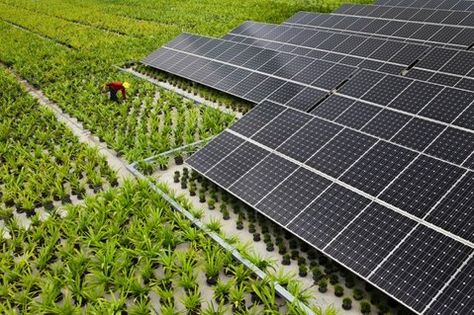System Maintenance
Solar System Maintenance
Regular maintenance of a solar power system is essential to ensure optimal performance, longevity, and efficiency. A well-maintained system minimizes downtime, enhances energy generation, and prevents costly repairs over time.

Key Aspects of Solar System Maintenance
Solar Panels:
- Cleaning:
- Remove dust, dirt, bird droppings, and debris to ensure maximum sunlight absorption.
- Use soft brushes or water to avoid damaging the surface.
- Inspection:
- Check for cracks, discoloration, or damage to the panels.
- Inspect seals and mounting structures for wear and tear.
- Cleaning:
Inverter Maintenance:
- Monitor the inverter display or app for errors or performance alerts.
- Ensure proper ventilation to avoid overheating.
- Inspect electrical connections for corrosion or loose fittings.
Battery Maintenance (if applicable):
- For lead-acid batteries: Check electrolyte levels and top up with distilled water as needed.
- For lithium-ion batteries: Ensure they are functioning within recommended temperature ranges.
- Monitor charge/discharge cycles to detect early signs of capacity degradation.
Wiring and Connections:
- Inspect cables for signs of fraying, corrosion, or damage.
- Verify secure connections to prevent energy loss or safety hazards.
Monitoring System:
- Regularly review system performance through monitoring software or apps.
- Compare actual energy output with expected performance to identify issues.
Structural Integrity:
- Check mounting systems, brackets, and frames for rust or damage.
- Ensure panels remain securely attached, especially after storms or high winds.
Regular Professional Check-Ups:
- Schedule annual or bi-annual inspections by qualified technicians.
- Professionals can conduct in-depth diagnostics and address issues like thermal hotspots or degradation.
Best Practices for Solar System Maintenance
- Frequency: Perform visual checks monthly and professional maintenance annually.
- Seasonal Adjustments: Clean and inspect more frequently in dusty, rainy, or snowy seasons.
- Safety First: Always turn off the system before performing maintenance.
- Documentation: Keep records of maintenance activities, inspections, and repairs.
Benefits of Maintenance
- Ensures maximum energy production.
- Extends the lifespan of system components.
- Prevents minor issues from becoming costly repairs.
- Improves safety by reducing risks of electrical faults.

